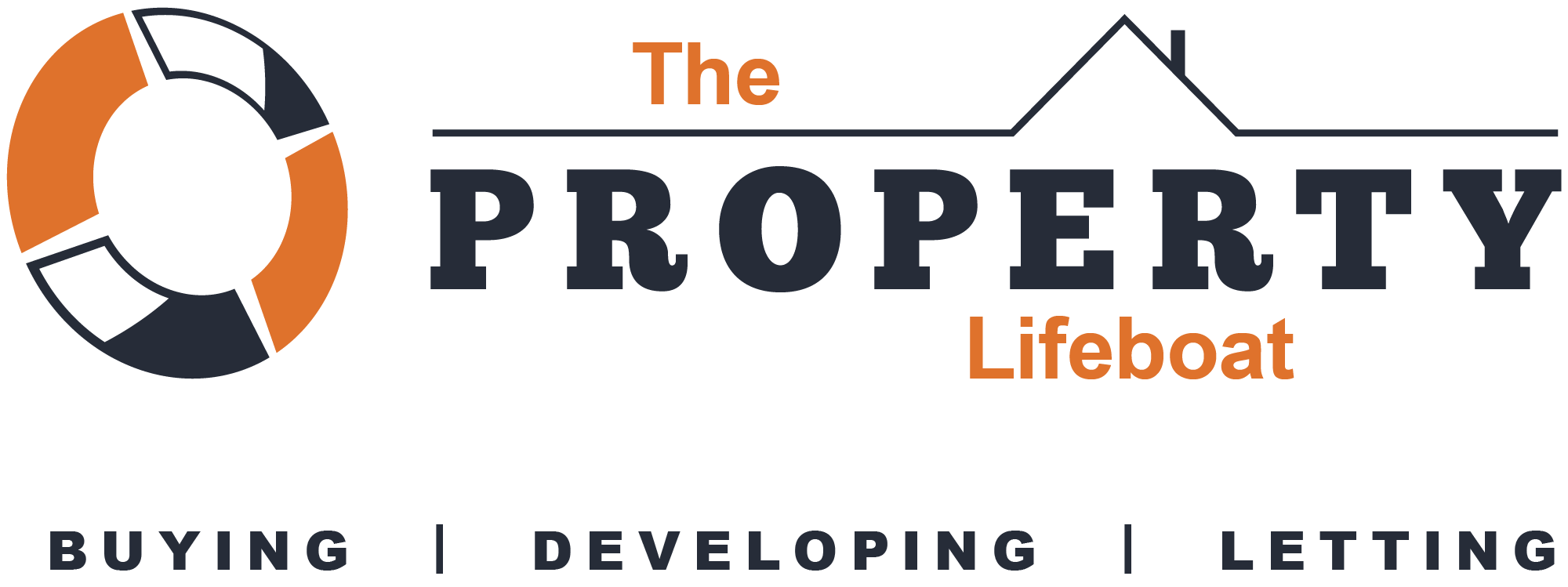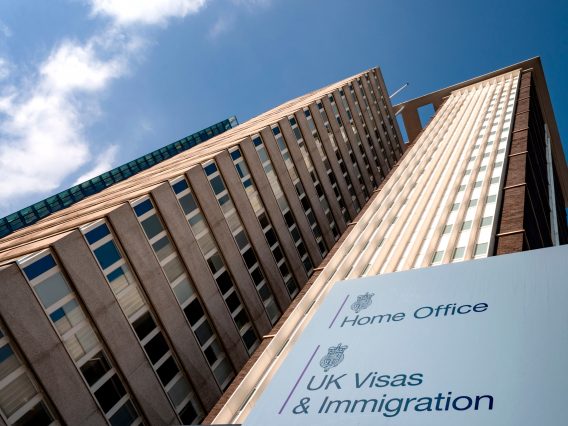In a surprise move, the government is proposing to reduce the regulations governing HMOs used to house asylum seekers.
Currently Part 2 of the Housing Act 2004 provides for local councils in England and Wales to license HMOs with controls over size, density and health and safety provisions.
Exemptions exist under Schedule 14 of the Act for some buildings and amendments now being put forward by the government will – if approved – effectively exempt newly-procured accommodation in England if it is used to accommodate asylum seekers under sections 4, 95 and 98 of the Immigration and Asylum Act 1999. It will cover property newly procured by a registered AASC (provider) or, ‘relevant landlord’ who is contracted by a registered AASC to provide accommodation to them.
The government spends a reported £6m a day on housing some 45,000 asylum seekers awaiting processing and the amendments to the Housing Act 2004, if confirmed by Parliament, will allow more HMOs to be used – possibly at a greater than usual density – to accommodate these individuals.
Whilst obviously being a market driven incentivisation by the government, not everyone is supportive of the move. Many have recognized the potential for new business models for some HMO investors, but some industry stakeholders have taken to social media and are critical of a proposal which could in theory enable rogue landlords to evict existing tenants and instead house asylum seekers more cheaply in sub-standard accommodation. This could have a disastrous effect on local communities, which until now have been protected from the effect of ‘poor quality’ or inappropriately used and managed HMOs in their neighbourhoods.
Also worrying many, is the fact that the government has chosen not to consult on these proposals due to ‘time constraints’, and instead the Home Office has simply asserted in their Statutory Instrument that there will be: ‘no, or no significant, impact on business’.
It must be remembered that HMO licensing is about more than just ensuring appropriate room sizes and preventing overcrowding. The requirements are there to keep occupiers, their neighbours and the wider community safe and secure. An HMO licence prevents a wide range of potential issues from gas and electrical safety, to heating, light and ventilation, to the poor provision of amenities.
There is a significant risk that the Government could inadvertently create a situation where rogue landlords – who already undermine the great work being done by the majority – further damage the sector’s credibility.
There is reference by the Home Office to the introduction of a ‘robust inspection regime’ to provide assurances on the safety of the accommodation. But there is no detail on what criteria would be used to manage inspections (which would no doubt fall on local authorities), nor on how standards would be enforced.
We will report further on this important development when more information becomes available.
Are you looking into purchasing a property in the view to convert to an HMO but, you would like an expert advice before potentially making costly mistakes?
——————– YOU NEED AN HMO VIABILITY REPORT ——————–
You will have a one-to-one preliminary phone call to discuss the details of what you need. We would then have a site viewing which will be followed by a full written report highlighting everything you need to know about making your property viable as an HMO.
This could save you incredible amount of time, frustration, and money.
For more information or to book your phone call,
please email admin@thepropertylifeboat.co.uk


